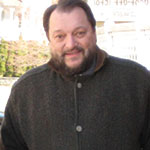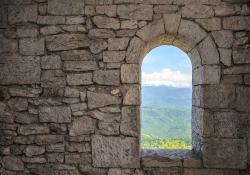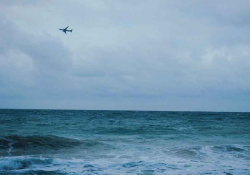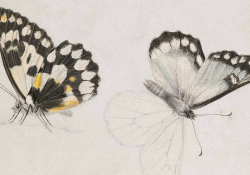Two Poems
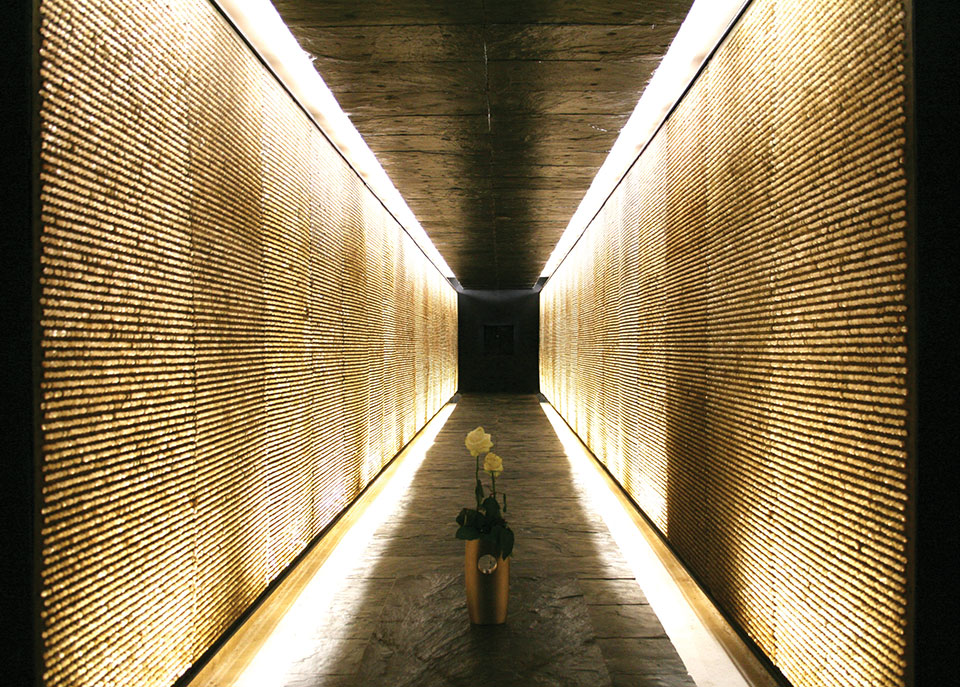
Martyrs of the Deportation
I stood in the Place du Notre Dame,
facing the grimace of gargoyles. I walked
East to the open space, finding the railing,
the lightest of grey cement, and my hands
opened the black iron gate where I descended
into the earth for the hidden memorial:
Granite. Tile. Jagged black sculpture. The air,
surprisingly fresh, illuminated. I found myself
in a small room, intensely long and narrow –
the parallel walls covered in backlit
dots of stone quartz, infinite tiny lights
in patterned rows of amber white.
Each dot of light for each French person
murdered in the Camps, the seemingly
endless array of them.
How can you absorb or connect it?
I stood there under the earth,
knowing what I was expected to feel.
But my heart felt nothing. I felt
nothing in my dumfounded shoes.
Even a Small Voice Can Proclaim a Treatise for the Peace We All Want but Don’t Make the Commitment For
The news is bad as the news
is always bad and getting worse,
until breathing becomes a political act.
Choosing to live is a political act.
War isn’t war until it becomes personal.
Before that, war is comfortably abstract –
a black and white photograph.
War is twelve lawyers in a room
somewhere else, while everyone else
prays for the peace we want but never get –
the peace we pray for, give belief in, but leave
our hands folded –
wanting peace, writing for peace,
praying for the world to notice,
and the world never noticing
past the distraction of its smaller gratifications,
when it only takes one of us, each of us,
to cry softly, cry loudly enough –
even a small voice, even a whisper,
even a breath.
